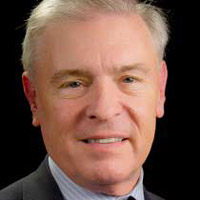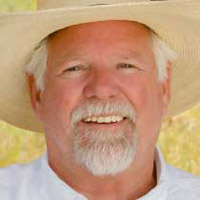How Each Presidential Candidate Plans to Handle Corporate Taxes

If you follow this blog then you know that corporate taxes are a regular topic discussed in this space. A couple weeks ago we shared some comments from Disney Chief Bob Iger regarding the country’s corporate tax policies. This is a topic that continues to get a lot of airtime in the media as the three candidates still running for president continue to push the issue.
One of the reasons this continues to be front and center is that income from corporate taxes keeps falling. While it still remains a huge source of revenue for the government, over the past several decades that revenue has been declining sharply. In fact, whereas in the 1950s corporate taxes accounted for 30 percent of the country’s tax revenue, in the year 2015 corporate taxes accounted for a mere 11 percent of the total tax base.
There are several reasons for the decline, including corporate tax breaks, a lower corporate tax rate, more profits coming overseas and many loopholes that allow corporations to cut their tax bills legally.
As mentioned, each of the three remaining candidates running for the nation’s top office have their own ideas on how to solve the problem and just as one would expect they differ greatly. In a nutshell, republican Donald Trump wants to cut the corporate tax rate down from 35 percent to 15 percent.
Hilary Clinton, on the other hand wants to close loopholes so corporations can’t avoid their taxes, which increase corporate tax revenues for the government substantially. At the same time she has not made any proposal to cut the corporate tax rate. Bernie Sanders wants to increase the corporate tax revenue by increasing the tax rate even higher and by taxing overseas profits, among other things.
Time will tell who wins the election, and when that person does, whether or not he or she will be able to implement his or her plan.
http://www.reuters.com/article/us-usa-election-taxes-idUSKCN0YS0C7
Why Startups Need Legal Counsel | Jackie Ammon
About Jackie Ammon Jackie Ammon is a senior associate who focuses her practice on corporate matters at WilmerHale. Prior to joining WilmerHale, Ms. Ammon was a judicial extern for the Honorable Frederick F. Mumm of the US District Court for the Central District of California. In that role, she wrote Report and Recommendation for…
The 10 Laws of Trust | Joel Peterson
About Joel Peterson Joel Peterson is Chairman of JetBlue and a consulting Professor at the Stanford Graduate School of Business. Together along with David Kaplan he authored The 10 Laws of Trust, a business leadership book about building high-trust organizations. Mr. Peterson is the former managing partner of Trammel Crow, one of the top leading…
LuLaRoe – Disrupting The Retail Market | Mark Stidham
Transcript of LuLaRoe – Disrupting The Retail Market | Mark Stidham: Alan Olsen: Mark Stidham is the CEO of LuLaRoe, a direct to consumer clothing company that he and his wife DeAnne started in 2013. Since it’s inception it has been transforming the fashion. Mark Stidham: I grew up with my Dad being a…
Udacity-Democratizing Education | Sebastian Thrun
About Sebastian Thrun Founder of Udacity Sebastian Thrun is a scientist, educator, inventor, and entrepreneur. He is the founder, chairman, and president of Udacity, whose mission is to democratize education. Udacity focuses on affordable, lifelong learning to give people the needed skills to get a new job or advance their career. Today, the company has…




